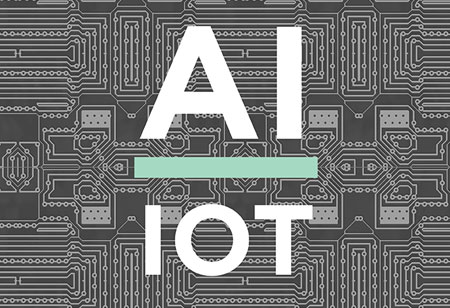THANK YOU FOR SUBSCRIBING
How to Prevent Cyber Espionage?
Cyber espionage attacks can harm reputations and result in the theft of data, including personal and private information

By
Apac CIOOutlook | Thursday, September 02, 2021
Stay ahead of the industry with exclusive feature stories on the top companies, expert insights and the latest news delivered straight to your inbox. Subscribe today.
Cyber espionage attacks can harm reputations and result in the theft of data, including personal and private information. Cyber attacks on the government may disrupt military operations and result in the loss of lives as a result of leaked classified information.
Fremont, CA: The act of engaging in an attack or series of attacks that allow an unauthorized user or users to view classified material is known as cyber spying. These attacks are frequently subtle, consisting of nothing more than an undetected piece of code or process running in the background of a mainframe or personal workstation, and the target is typically a corporate or government entity.
Typically, the goal is to obtain intellectual property or government secrets. Attacks can be motivated by greed or profit, and they can be carried out as part of a military operation or as an act of terrorism. Consequences can range from a loss of competitive benefit to material, infrastructure, data, or life.
Cyber espionage attacks can harm reputations and result in the theft of data, including personal and private information. Cyber attacks on the government may disrupt military operations and result in the loss of lives as a result of leaked classified information.
Preventive Actions
While there is no way to guarantee that all attacks will be eliminated, it is usually recommended that businesses and other organizations assess current security and procedures, evaluate risks, and develop a security policy or policies that help address vulnerabilities. It may also be prudent to define daily procedures and develop a response plan in the event of an attack.
Backups, software and hardware updates, and other security updates should all be followed, documented, verified, and audited to ensure compliance. A mobile device management policy can also be included in the procedures.
Because employees and staff are typically the first lines of defense, educating company personnel is usually recommended. Employees should understand the significance of security precautions such as password rotation and keeping company confidential information secure. They should also understand how to use virus and malware protection software that has been approved by the company. Informing employees about viruses and malware is critical and may help to limit future breaches. When employees understand the risk of harm, they are more likely to follow the company's security policy, reducing non-compliance.
See Also:Top Predictive Analytics Companies





